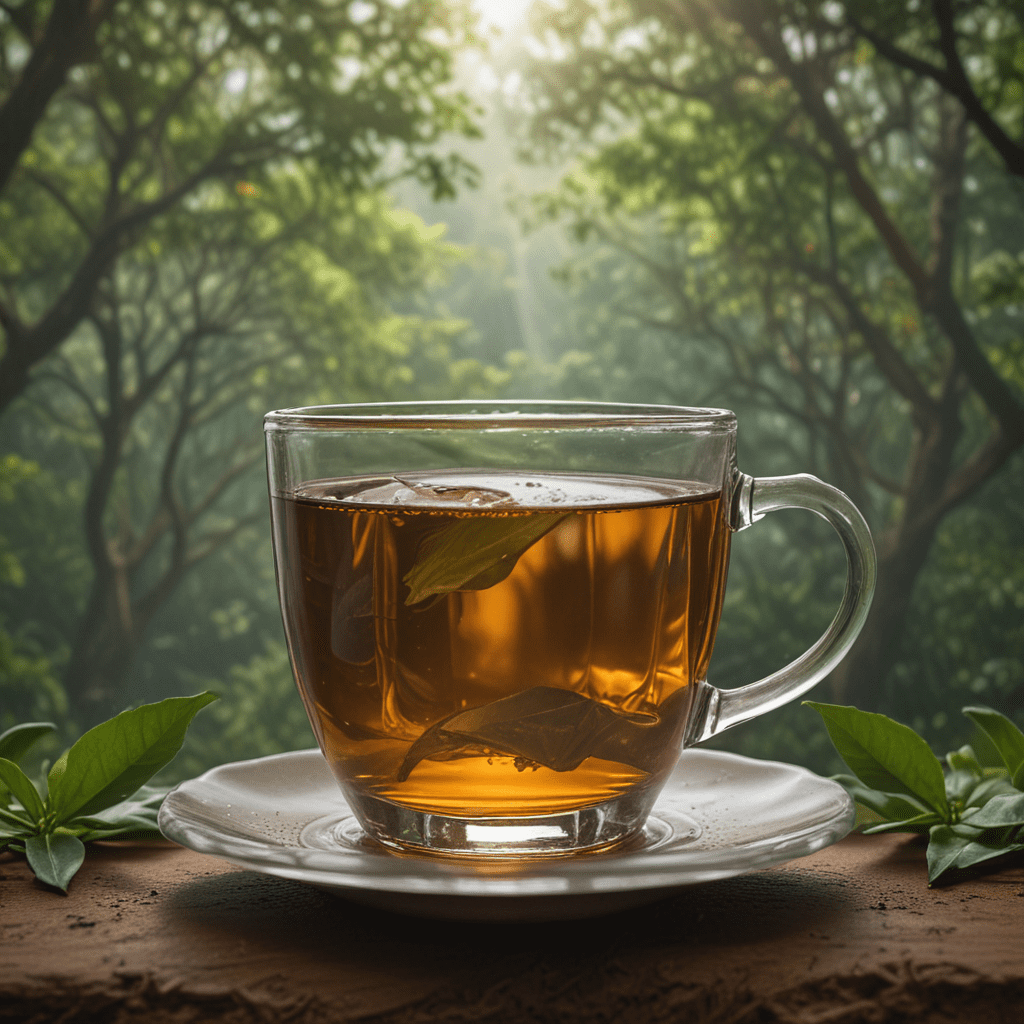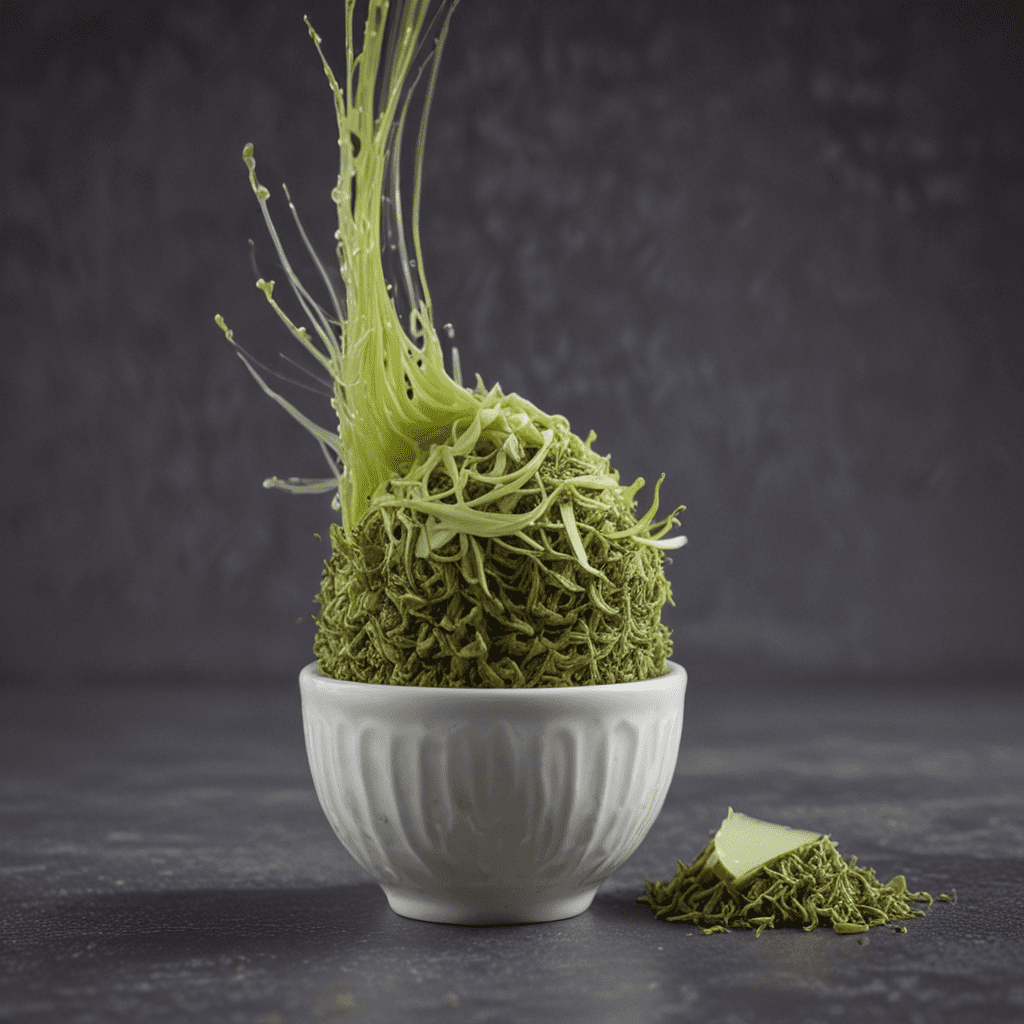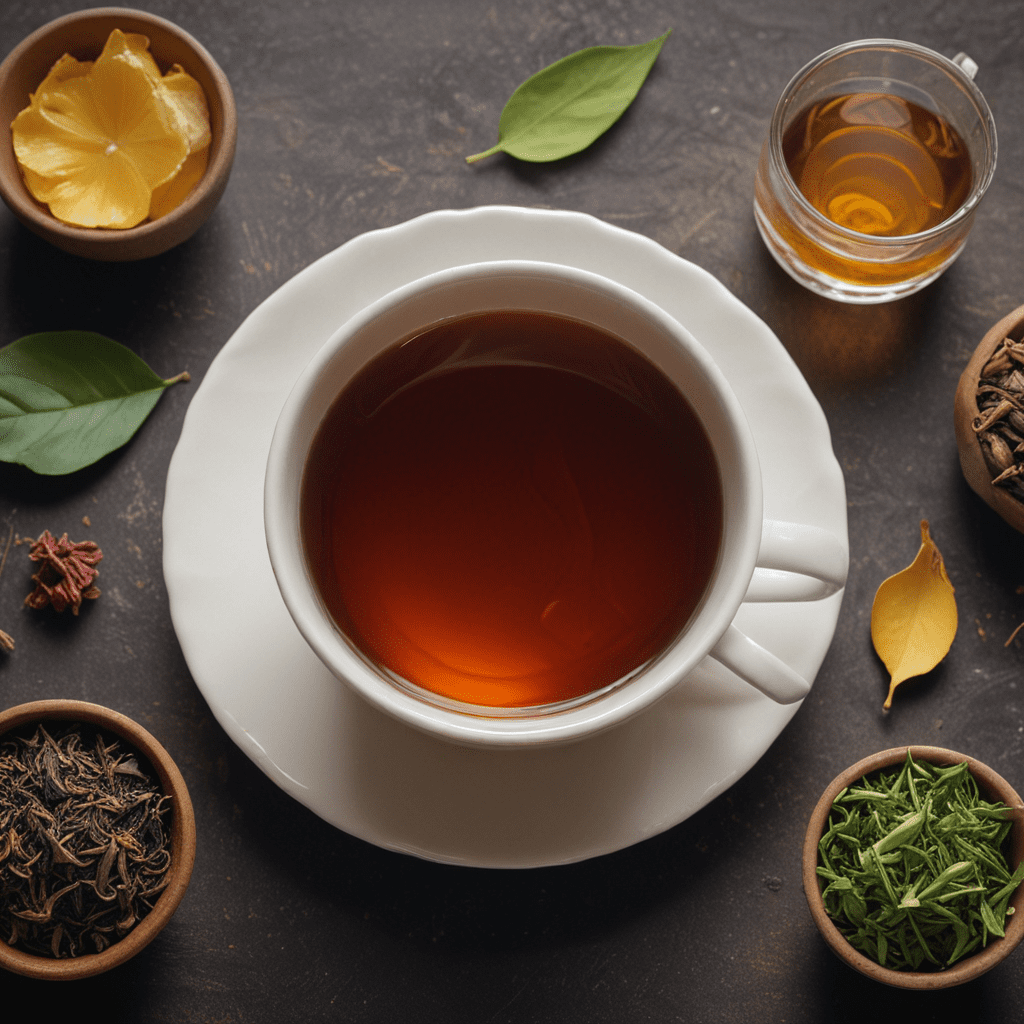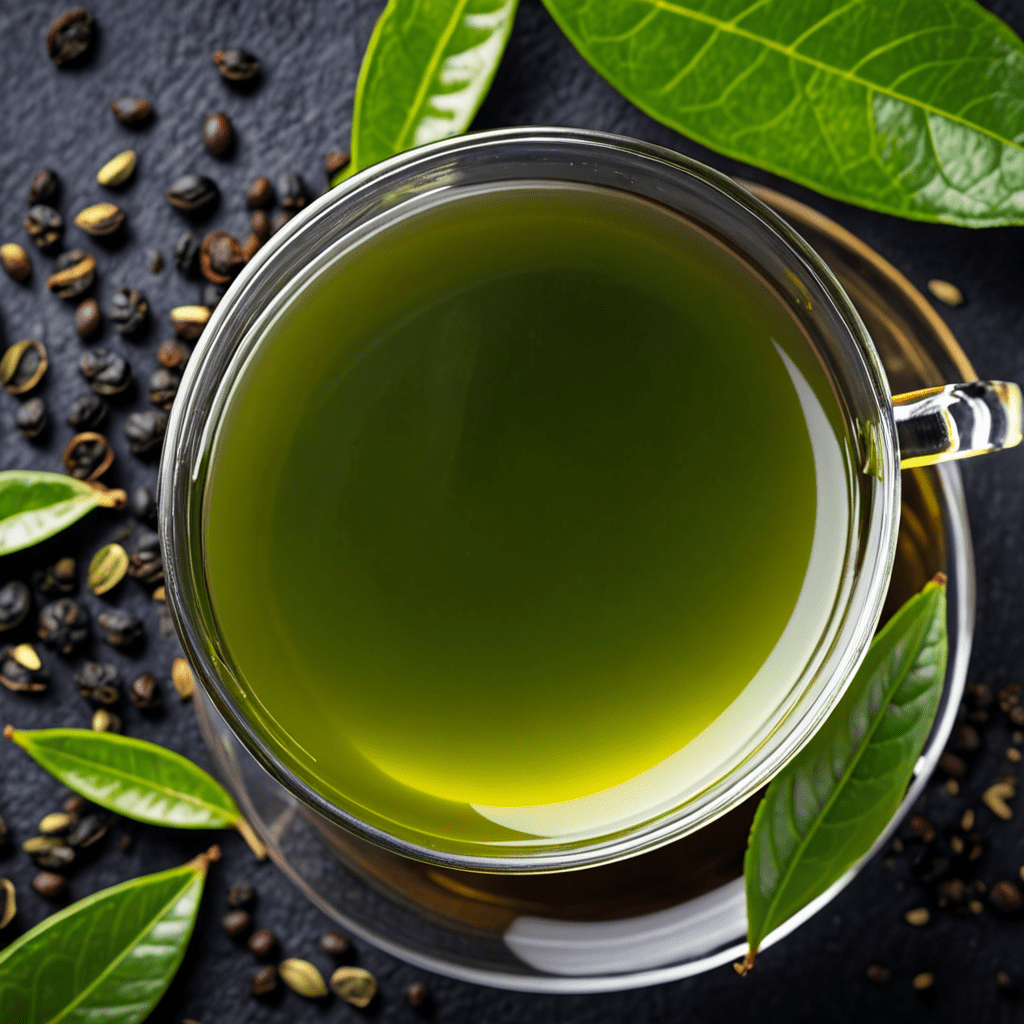The Essence of Ceylon Tea: Embracing the Spirit of Ceylon
Unveiling the Aromatic Heritage of Ceylon Tea
For centuries, the island of Ceylon, now known as Sri Lanka, has been renowned for its exquisite tea, captivating the world with its rich flavors and alluring aromas. Ceylon tea, a symbol of the country's heritage and culture, embodies the essence of Sri Lanka, a land where nature's bounty and human artistry intertwine.
Discovering Sri Lanka's Unique Tea Terroir
The exceptional quality of Ceylon tea stems from Sri Lanka's unique terroir, a combination of geographical factors that impart distinct characteristics to its leaves. The island's tropical climate, varied topography, and diverse soils create microclimates that nurture tea bushes, allowing them to thrive and produce leaves of unparalleled quality.
Master Tea Blending and Its Culinary Significance
Ceylon tea is not merely a beverage; it is a culinary art form. Master tea blenders, with their generations-old knowledge and expertise, combine different tea varieties and grades to create harmonious blends that cater to diverse palates. These blends, ranging from robust and full-bodied to delicate and nuanced, enhance culinary experiences and elevate the flavors of fine cuisine.
Tracing the Journey of Ceylon Tea from Leaf to Cup
The journey of Ceylon tea from leaf to cup is a testament to the dedication and expertise of Sri Lanka's tea masters. From the meticulous cultivation of tea bushes to the careful harvesting and processing of leaves, each step is guided by a deep understanding of tea's delicate nature. The result is a cup of tea that embodies the essence of Sri Lanka, a symphony of flavors that lingers on the palate.
Rituals and Ceremonies Surrounding Ceylon Tea
Ceylon tea is not just a beverage; it is deeply ingrained in Sri Lankan culture and tradition. The preparation and consumption of tea is accompanied by rituals and ceremonies that reflect the country's rich heritage. From the traditional afternoon tea to the elaborate Kandyan tea ceremony, these rituals showcase the reverence and appreciation for this beloved beverage.
Ceylon Tea as a Symbol of Sri Lankan Hospitality
Ceylon tea embodies the warmth and hospitality of the Sri Lankan people. It is a beverage that is offered as a gesture of welcome, friendship, and respect. In homes, offices, and public spaces, tea is a social lubricant, fostering connections and facilitating conversations. The sharing of a cup of Ceylon tea is an expression of goodwill and a way to celebrate the joy of human interaction.
Sustainability and Ethical Practices in Ceylon Tea Cultivation
The sustainability of Sri Lanka's tea industry is of paramount importance to the country. Tea plantations are managed with great care to preserve the environment and protect the well-being of tea workers. Initiatives include eco-friendly farming practices, soil conservation, and fair labor conditions. By adhering to sustainable and ethical practices, Sri Lanka ensures the longevity of its tea industry while safeguarding the land and people that give rise to this exceptional beverage.
Tea Plantations and Landscapes of Enchanting Beauty
The tea plantations of Sri Lanka are a sight to behold, spread across undulating hills and valleys, creating a mesmerizing patchwork of emerald green. Visitors can embark on tours of these plantations, immersing themselves in the beauty of the tea gardens and learning about the intricacies of tea cultivation. The lush landscapes, with their vibrant flora and fauna, provide a sanctuary for nature lovers and offer breathtaking vistas that captivate the imagination.
The Legacy and Evolution of Ceylon's Tea Culture
The legacy of Ceylon tea extends far beyond its borders, having played a significant role in the global tea trade and culture. From the introduction of tea to the West in the 19th century to its enduring popularity today, Ceylon tea has left an indelible mark on the world's palate. As tea culture continues to evolve, Sri Lanka remains at the forefront, embracing innovation while preserving the traditions that have made Ceylon tea an icon.
Ceylon Tea Beyond Boundaries: Global Recognition and Impact
Ceylon tea has earned global recognition for its exceptional quality and unique flavor profile. It is exported to over 100 countries, where it is enjoyed by tea connoisseurs and enthusiasts alike. The Ceylon Tea Board, the government body responsible for regulating the tea industry, has played a crucial role in promoting and safeguarding the reputation of Ceylon tea worldwide. Through rigorous quality control and certification processes, the Board ensures that Ceylon tea meets the highest standards, maintaining its position as a benchmark for excellence in the global tea market.
FAQs
1. What makes Ceylon tea so special?
Ceylon tea is renowned for its rich flavor, distinctive aroma, and the unique terroir of Sri Lanka, which imparts exceptional characteristics to the tea leaves.
2. What are the different types of Ceylon tea?
Ceylon tea is primarily categorized into three main types: black tea, green tea, and white tea. Each type offers a distinct flavor profile and brewing requirements.
3. How should I brew the perfect cup of Ceylon tea?
To brew the perfect cup of Ceylon tea, use fresh, filtered water and bring it to a rolling boil. Place one teaspoon of loose-leaf tea or one tea bag per cup into a teapot or infuser. Pour the boiling water over the tea leaves and let it steep for 3-5 minutes, depending on the desired strength. Remove the tea leaves or tea bag and enjoy your freshly brewed Ceylon tea.
4. What are the health benefits of Ceylon tea?
Ceylon tea contains antioxidants and polyphenols, which have been linked to various health benefits, including improved heart health, reduced inflammation, and potential protection against certain types of cancer.
5. Where can I buy authentic Ceylon tea?
Look for the Lion Logo, a certification mark issued by the Sri Lanka Tea Board, which guarantees the authenticity and quality of Ceylon tea. Authentic Ceylon tea can be purchased from reputable tea retailers, both online and offline.



